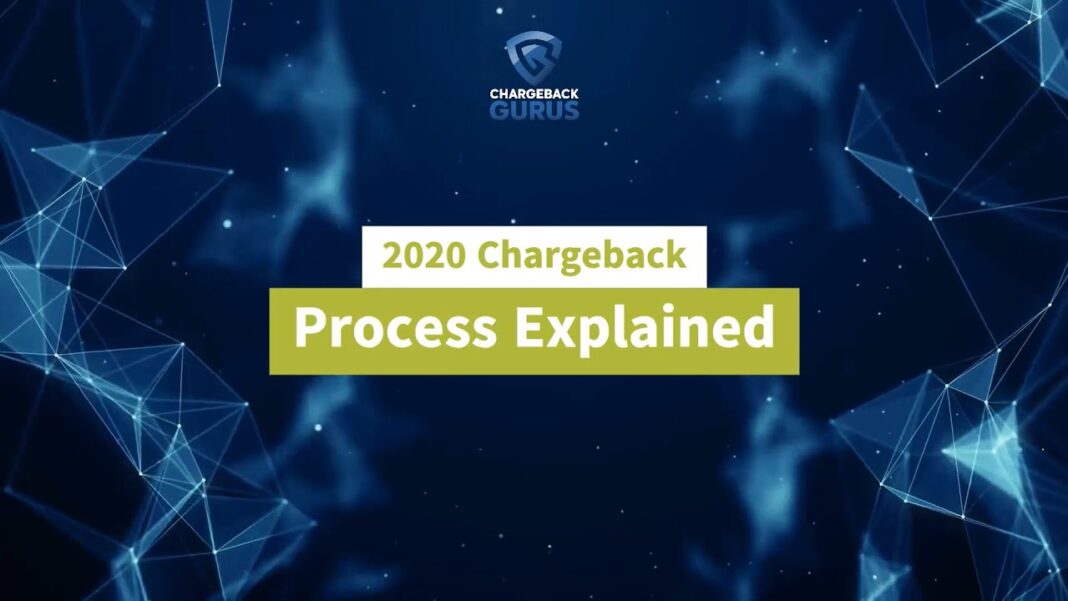If you’re wondering how to handle a credit card chargeback, read on. You’ll learn about chargeback sources, disputing a chargeback, and the fees associated with each. The process is not difficult, but you need to know what you’re doing. Once you understand how credit card chargebacks work, you can make a successful dispute.
How a credit card chargeback dispute works for merchants
If you are a merchant, you probably have wondered how a credit card chargeback dispute works. There are some different reasons why a customer may file a chargeback. Some customers might believe they were charged without their permission. Others might forget that they had agreed to a recurring charge. Still, others may have an unpleasant experience and want to file a chargeback. Regardless of the reason, figuring out how to reduce credit card chargebacks can be frustrating for both parties involved, and you should make every effort to prevent them.
The issuing bank will reverse a chargeback if it finds that the customer was not entitled to a refund. If the issuing bank rules in the merchant’s favor, it will restore the provisional credit, and the original transaction will be posted to the cardholder’s account. Meanwhile, the issuing bank will file a second chargeback with a different chargeback code and allow the merchant to accept or contest the new chargeback.
Sources of chargebacks
Chargebacks are a major source of lost revenue for merchants. They’re a nuisance that eats away at profits, but a merchant’s ability to prevent them is crucial to reducing business costs. To prevent them, a merchant needs to identify the most common sources of chargebacks and address these root causes as quickly as possible. In the case of friendly fraud, merchants are often at fault, but luckily, they can do a lot to mitigate the damage they cause.
The business may issue a refund in some instances. For example, if a consumer returns a product or is dissatisfied with a service, this might happen. On the other hand, customer chargebacks may be initiated without the merchant’s knowledge. The merchant can attempt to address the situation by offering incentives or other rewards to make the customer happy. In many circumstances, the bank takes control of the transaction, leaving the merchant in the middle of the chargeback.
Process of disputing a chargeback
Disputing a chargeback for a merchant can be long and frustrating. A chargeback is an attempt by a customer to reclaim money from a merchant who could not complete the transaction. While this can happen in some cases, most chargebacks are fraudulent, and the merchant must fight the chargeback to have their money back. In many cases, the merchant has evidence that shows the transaction took place.
If a merchant does not have the expertise or time to file a formal dispute response, they may consider contacting the issuing bank. But before they do, they must be armed with proper evidence. Then, they must develop a process to generate the required response. This can be achieved through dispute management software or templates. Providing the correct evidence and creating a response will increase the rate of successful dispute resolutions and lower labor costs.
Fees associated with a chargeback
Chargeback disputes cost businesses a great deal. They cost lost revenue and merchandise, waste time and resources, and damage a merchant’s reputation and relationship with issuers. But there’s no need to worry about this because there are many ways to avoid it. By understanding how chargeback disputes work, you can avoid them and avoid paying a significant amount of money to fight them. These fees are not the only disadvantage of chargebacks.
If a chargeback dispute results in a charge against your business, you will have to pay a chargeback fee. Chargeback fees are assessed by the acquiring bank and are based on the wholesale cost of a transaction and the processor’s markup. Chargeback fees usually range from $20 to $50, but you could pay more than that. These fees are necessary because they cost businesses money to process chargebacks.






